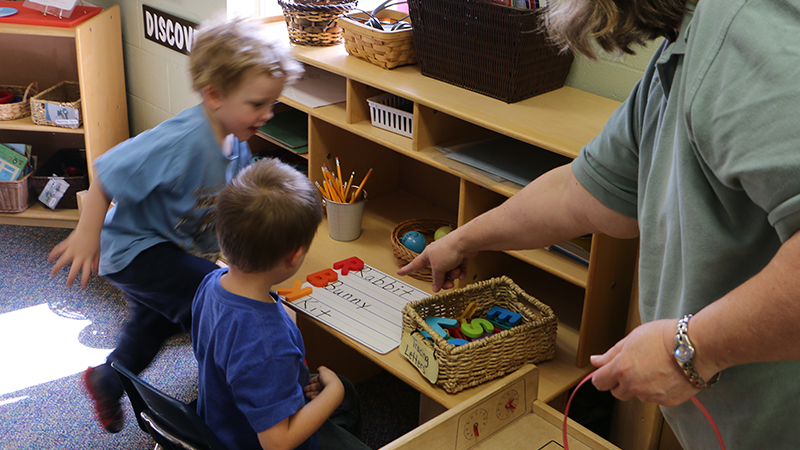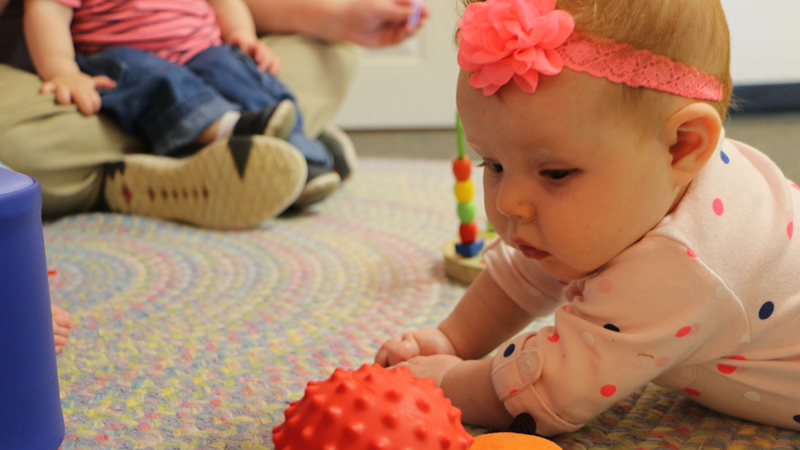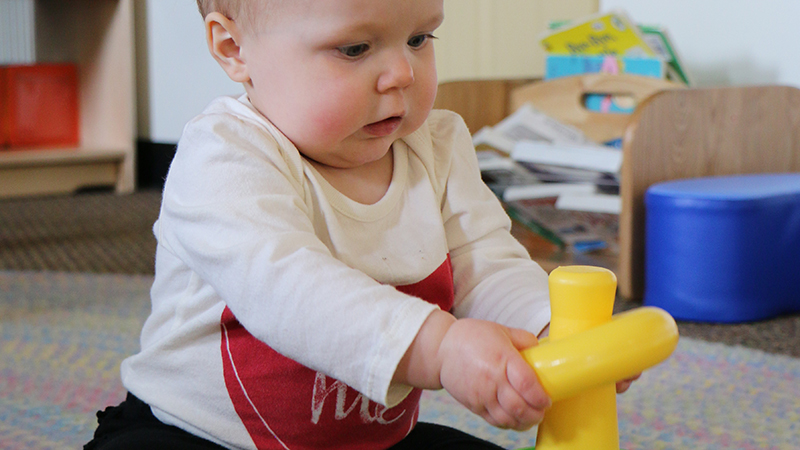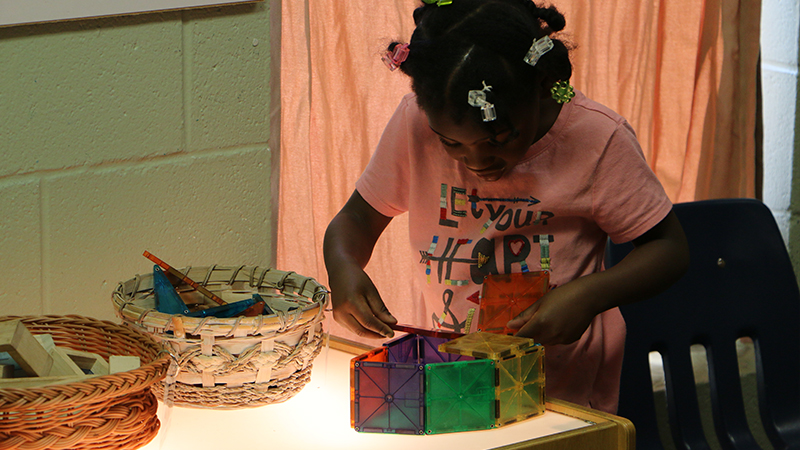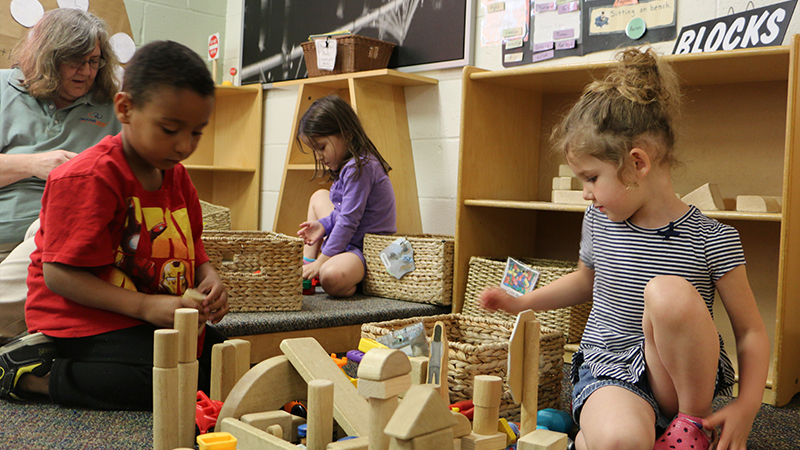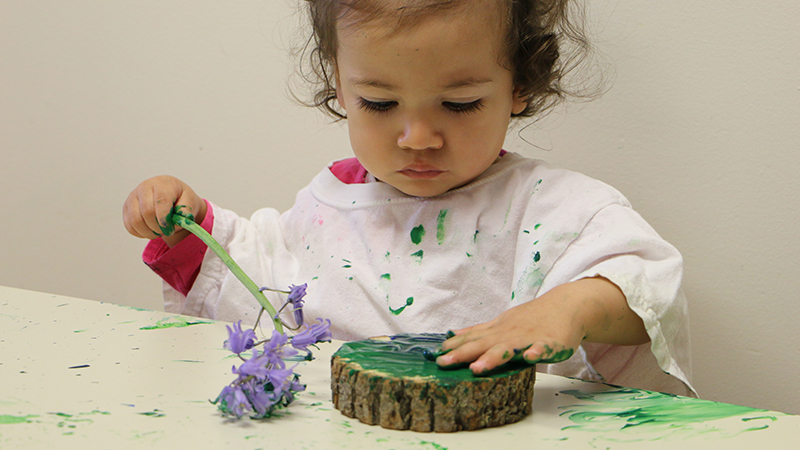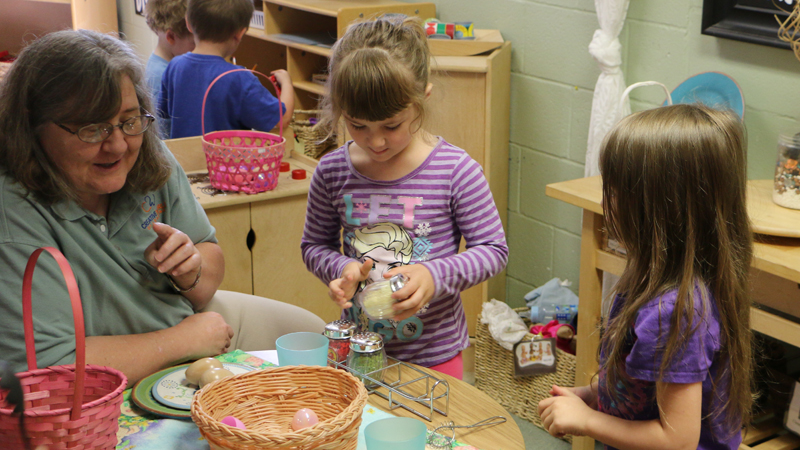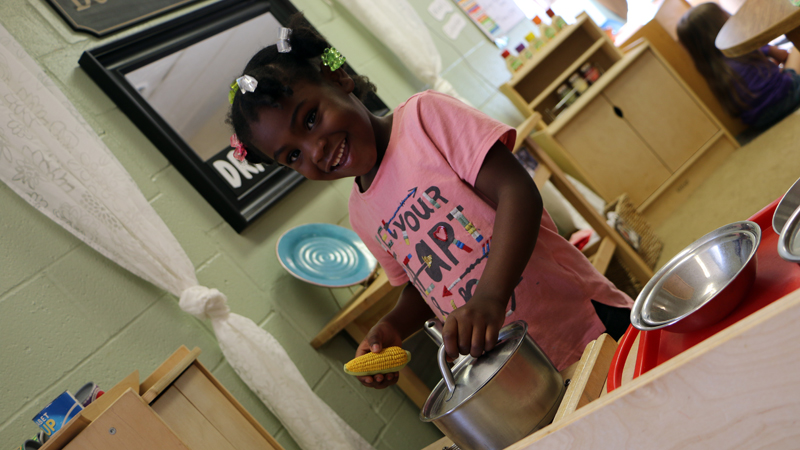Storytelling is not just an entertaining pastime; it is a powerful educational tool. It plays a vital role in enhancing literacy skills among young learners. In a world dominated by screens and fast-paced media, storytelling remains essential for engaging children. It also stimulates cognitive development. This blog will explore how storytelling fosters literacy, language development, and a lifelong love for reading.
Language Development Through Storytelling
Language acquisition is crucial in early childhood development. Storytelling provides a rich context for this learning. When children listen to stories, they are exposed to a variety of vocabulary, sentence structures, and linguistic patterns. These elements may not appear in everyday conversations.
Benefits of Listening
Listening to stories helps children understand the rhythm and flow of language. This enhances their phonemic awareness—the ability to hear and manipulate sounds in words. This skill is essential for reading proficiency.
Practical Tip
Parents can encourage language development by reading a diverse range of books. Select stories with repetitive phrases, rhymes, and rich descriptions to enhance vocabulary retention.
Comprehension and Critical Thinking
Comprehension is the ability to understand and interpret what one reads or hears. Through storytelling, children learn to follow narratives and identify main ideas. They also infer meanings, all of which are critical skills for academic success.
Encouraging Engagement
As children listen to stories, they are prompted to think critically about the plot, characters, and settings. This engagement fosters analytical thinking, as they learn to make predictions and connections.
Practical Tip
After reading a story, parents should ask open-ended questions, such as, “What do you think the character will do next?” or “How would you feel in this situation?” This approach promotes deeper thinking and encourages children to articulate their thoughts clearly.
Fostering Imagination and Creativity
Storytelling is a gateway to imagination. When children listen to stories, they visualize characters, settings, and events. This enhances their creative thinking abilities. Imaginative play is essential for cognitive development and problem-solving skills.
Role of Imagination
Engaging with stories allows children to explore different perspectives and emotions. This fosters empathy and understanding. Additionally, it helps them develop social skills and navigate complex emotional landscapes.
Practical Tip
Parents can enhance creativity by encouraging their children to create their own stories. Provide prompts, use story dice, or ask them to illustrate their tales. This allows them to express their creativity in various forms.
Building a Love for Reading
When children associate stories with enjoyment, they are more likely to develop a passion for reading. This intrinsic motivation is crucial for fostering lifelong literacy habits.
Creating Positive Associations
Reading together as a family creates lasting memories. It helps children view books as a source of joy and adventure rather than a chore.
Practical Tip
Establish a family reading time where each member chooses a book. Create a cozy reading environment with pillows, blankets, and good lighting. This makes reading an enjoyable ritual.
Diverse Storytelling Methods
Storytelling can take many forms—traditional books, oral storytelling, audiobooks, and interactive storytelling apps. Each method has unique benefits and caters to different learning styles.
Exploring Formats
While reading traditional books is essential, incorporating audiobooks can enhance listening skills. This allows children to enjoy stories while engaging in other activities.
Explore various storytelling methods, such as puppet shows, animated storytelling apps, or community storytime events at local libraries. This keeps children engaged and excited about stories.
Conclusion
Storytelling is a multifaceted tool that enhances literacy skills and nurtures creativity, imagination, and critical thinking in early learners. By integrating storytelling into daily routines, parents can lay a strong foundation for their children’s literacy development. Moreover, it fosters a lifelong love for reading. Embracing the art of storytelling enriches children’s language skills and strengthens family bonds.
At Creative World of Learning, we believe in the power of outdoor play to support children’s growth and development. Our programs provide ample opportunities for children to engage in outdoor learning and play in a safe, stimulating environment. Contact us today to learn more about how our curriculum encourages outdoor exploration and physical activity.
Schedule a tour at our various locations:




















